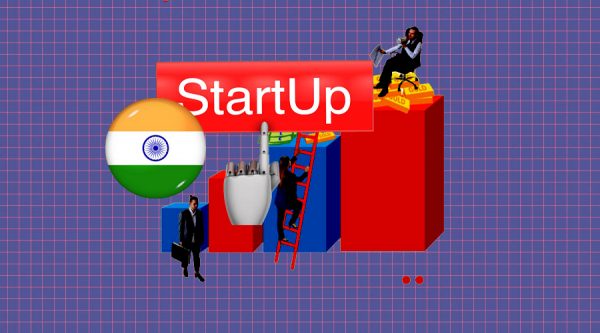Six sustainability-focused firms that aired on Season 3 of Shark Tank India have received funds from the DBS Foundation. They were honored for their dedication to the “double bottom line,” which combines achieving financial success with beneficial social or environmental effects. The season was co-powered by Sony Entertainment Television and DBS Bank India.
The incentives, which ranged from Rs 5 lakh to Rs 15 lakh, were given to the businesses to help them grow their customer base, scale their operations, and increase productivity by using new technologies.
Startups that receive awards are
The Honest Home Company: This environmentally conscious company is in the lead in the fight against plastic pollution and offers eco-friendly packaging options. It uses organic raw materials devoid of hazardous chemicals to create household items.
A start-up company situated in Faridabad, Dharaksha Ecosolutions specializes in biodegradable packaging made from mycelium. This addresses the problem of burning stubble and plastic pollution by providing biodegradable packing options.
Arpit Dhupar and Anand Bodh launched this biotech start-up in 2020. It uses the fungus roots’ innate capacity to secrete enzymes that break down complicated organic materials. Mycelium grows until it forms a structure within its digested substrate that is almost solid.
Without (by Ashaya): This Pune-based startup has developed a novel way to combine recycling waste with fashion in order to advance sustainability. “Without by Ashaya,” a company founded by Anish Malpani, has created a method for turning multi-layered plastics—which are frequently found in chip packets and are infamous for their recycling difficulties—into fashionable sunglasses.
FarmDidi: An IIM alumnus, Manjari Sharma founded this tech-driven food firm that gives rural Maharashtra women the ability to produce high-quality food items and earn a living.
XMachines: Located in Hyderabad X-Machines is a startup in robotics. It creates AI-powered robots to meet farmer demands. Its compact equipment automates the weed-removal process in agricultural fields with robots technology. The device minimizes harm to nearby crops by accurately identifying and targeting individual weeds through the use of sensors and machine learning algorithms.
Trestle Labs: A Bengaluru-based business called Trestle Labs has created a product called Kibo that can translate and digitize handwritten, audio, printed, and digital content in 60 different languages, including 12 Indian languages. More than 40,000 people use the Kibo app across 15 countries, including Bangladesh, Indonesia, India, Pakistan, and Nigeria.









